5 Things to Do in Little Tokyo, California
Never been before? We’ll be your trustee Little Tokyo guide with a day’s worth of fun things to do in Little Tokyo.
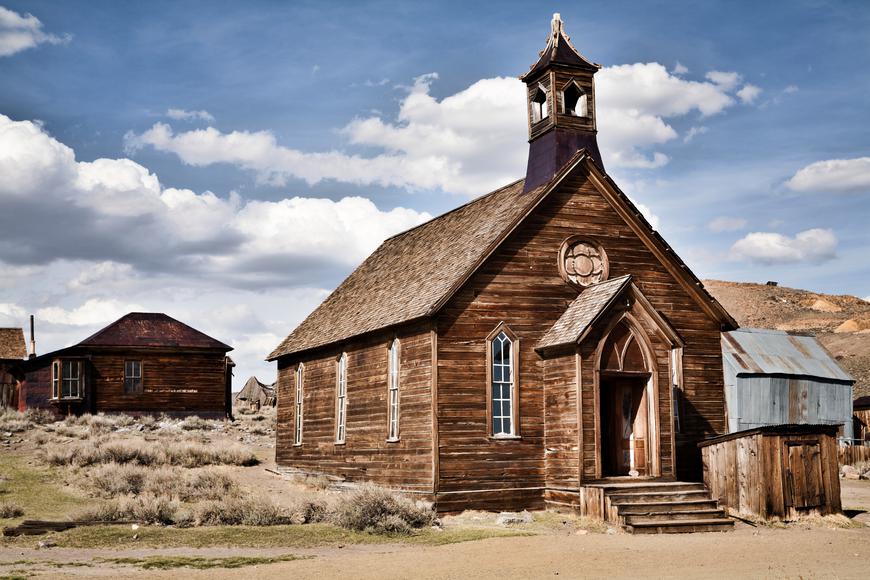
Nothing will send shivers down your spine like a visit to a deserted town steeped in mystique and baffling ghost stories. While there are some seriously creepy haunted hotels in California, the ghost towns are even spookier. Wander through eerie, abandoned towns for a chance to see the paranormal or simply experience mystery as you immerse yourself in history.
These California ghost towns weren't always abandoned or obscure. The buildings that now emanate decay once elegantly stood proud; imagine once-bustling towns, full of miners and their families settling down in hopes of finding gold.
Today, many of these towns—untouched for a few hundred years—have innumerable stories to tell and unusual energy to feel. Although the Golden State has no shortage of mysterious locales to check out, adding these creepy ghost towns to your list of must-visits will lead you to a wonderful adventure.

Does your business rank among the best in California?
nominate a businessLearn more about our selection criteria and vetting process.
A city found in northern Kern County, Ridgecrest is located in Indian Wells Valley. In 1912, Ridgecrest was first known as the farming community of Crumville. The town’s first post office was established in 1941, and by 1943, it had grown to feature 115 homes with 196 residents. Ridgecrest mainly evolved during the 1950s and 1960s, acting as a support community and providing housing and services to federal employees and contractors. It became a city in 1963.
There are only a few people still living in Ridgecrest; the remainder of its inhabitants fled for unknown reasons. Past inhabitants skipped town and left behind valuable belongings such as cars, tires, stoves, fridges, and even clothing.
If you happen to take a trip to Ridgecrest, make sure to stop by the Maturango Museum. Best known for the guided tours to Little Petroglyph Canyon at the China Lake Naval Weapons Station, the museum offers plenty of exhibits as well as the El Paso Gallery, which pays tribute to the natural and cultural history of the Mojave Desert.
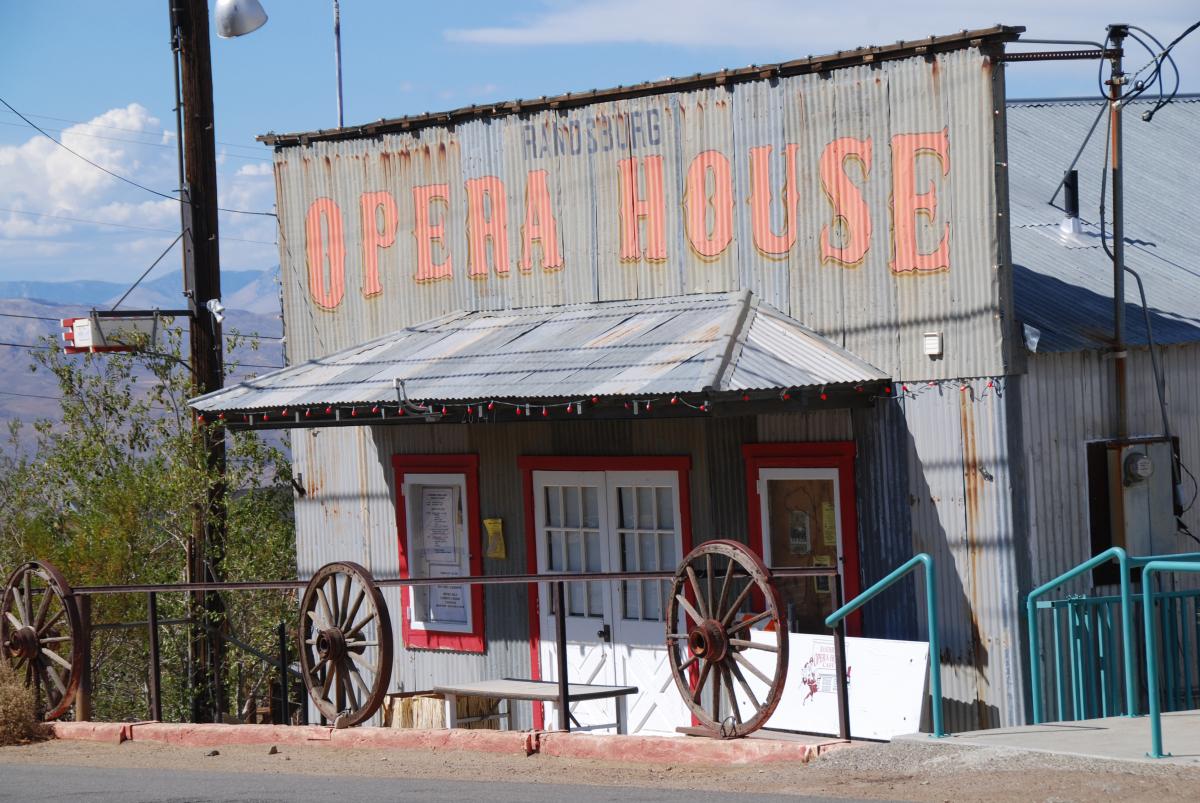
Found in Kern County, Johannesburg is next on our list of can't-miss California ghost towns. The town was founded to aid mining operations in Randsburg, where the Rand Mining District was the main gold-producing region of California during the beginning of the 20th century. It was named after miners who worked in gold-producing regions of South Africa, particularly that of Johannesburg. The first office was built in 1897. According to the 2010 U.S. Census, Jo-burg (as the locals call it) had a population of 172 people.
History buffs will have a great time exploring the nearby Randsburg Desert Museum, a nonprofit organization committed to preserving and sharing the history and culture of the Rand Mining District. You can even extend your trip with an 11-minute drive to the ghost town of Garlock, which unlike many of the other ghost towns in the region, wasn't depopulated due to a failing gold mine. Instead, the town's water supply suddenly and mysteriously stopped, leaving its inhabitants no choice but to pack up their bags and flee.
Calico is a well-known ghost town and former mining town in San Bernardino County. Nestled in the Calico Mountains of the Mojave Desert, this silver mining town was founded in 1881. It's now a California historical landmark. During the 1800s, four explorers left Grapevine Station and headed to a mountain peak in the northeast, which they described as “calico-colored.” In the mountain, they discovered silver; they then established the Silver King Mine, known as the largest silver producer in California during the mid-1800s.
During the 1950s, Walter Knott, owner of Knott's Berry Farm, bought out the town of Calico and architecturally restored its buildings to display their historical exterior, replicated from the 1880s. At Calico Ghost Town, visitors can partake in guided ghost tours, such as the Main Street or Maggie Mine Tour, and explore attractions like Mystery Shack.
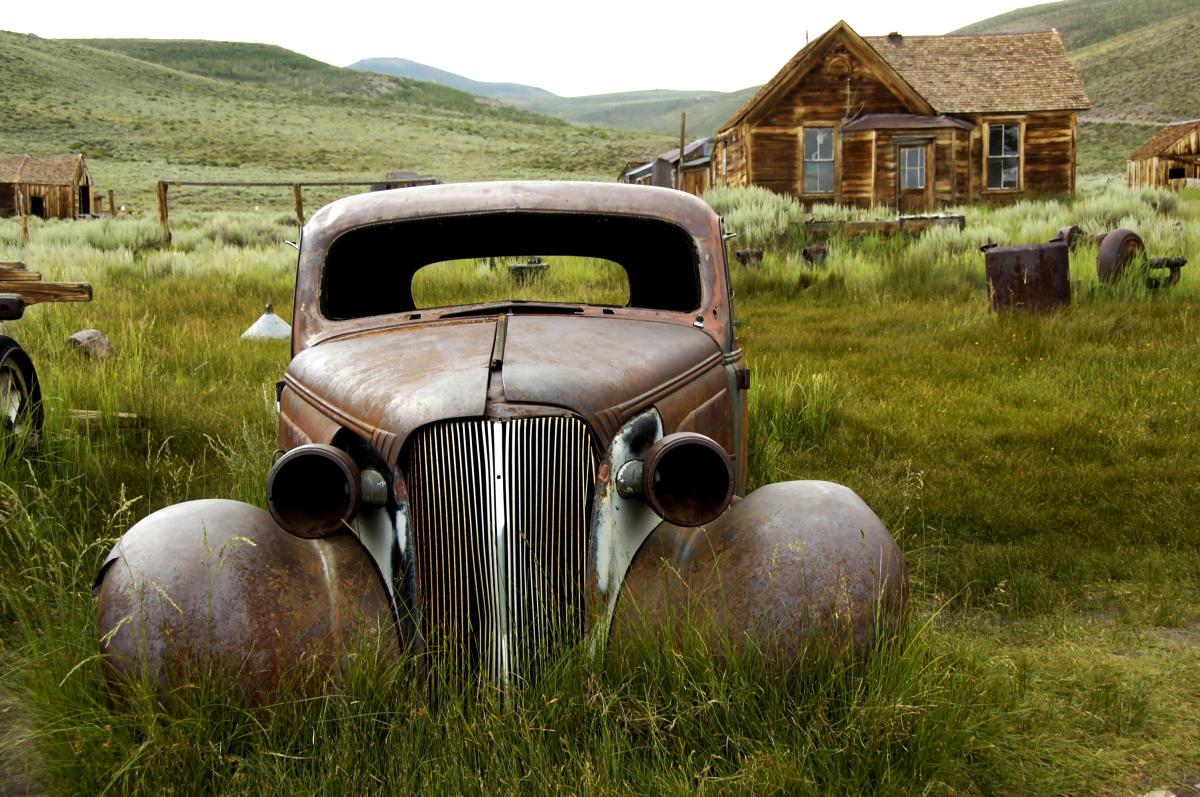
Located in Bodie Hills, east of the Sierra Nevada, Bodie was once a thriving town in 1876 but is now one of the most popular California deserted towns. After the discovery of a valuable supply of gold, the town witnessed a population surge, reaching up to 10,000 people in 1879.
Bodie was named after Waterman S. Bodey, who discovered a small amount of gold in the hills north of Mono Lake in 1859. Following in Bodey’s footsteps, people flocked to the town in search of the much-desired metal. After several failed attempts to find the golden prize, the town went into decline throughout the coming decades before being categorized as a ghost town in 1915.
The ghost town is currently recognized as a historic landmark; in 1962, it was officially established as Bodie State Historic Park. The town has remained untouched for more than 150 years—its huts still stand and stores are filled with supplies. Stop by the must-see Swazey Hotel while on your trip. Having previously served as a clothing store, casino, and hotel, the building is sure to pique your interests.
Historical landmark fans: Visit Miners' Union Hall (the Bodie Museum and gift shop) for a cultural adventure. The Bodie Miners’ Union Hall, organized in 1877 and built in 1878, is the center of Bodie State Historical Park; photo galleries of historic landscapes, buildings, schools, and banks await you.
One of the scariest ghost towns to visit is Saltdale, due to the salt that's rapidly deteriorating the town structures. Saltdale is an unincorporated area in Kern County, found near the dry and seasonally endorheic Koehn Lake. Saltdale was founded as an initiative to harvest salt from Koehn Lake in 1914. The town’s post office was established in 1916 and operated until 1950.
During the 1940s, the salt business witnessed a huge decline. Suddenly, the town’s families began moving out, and the salt factory permanently shut down in 1975, making Saltdale yet another abandoned town in California. Nowadays, it's hard to imagine the bustling town that it once was, since the salt has made most of it vanish—truly an eerie ghost town if there ever was one. On your way out of Saltdale, head to Jawbone Canyon Store for a hearty meal or pick up supplies from the general store for the road.
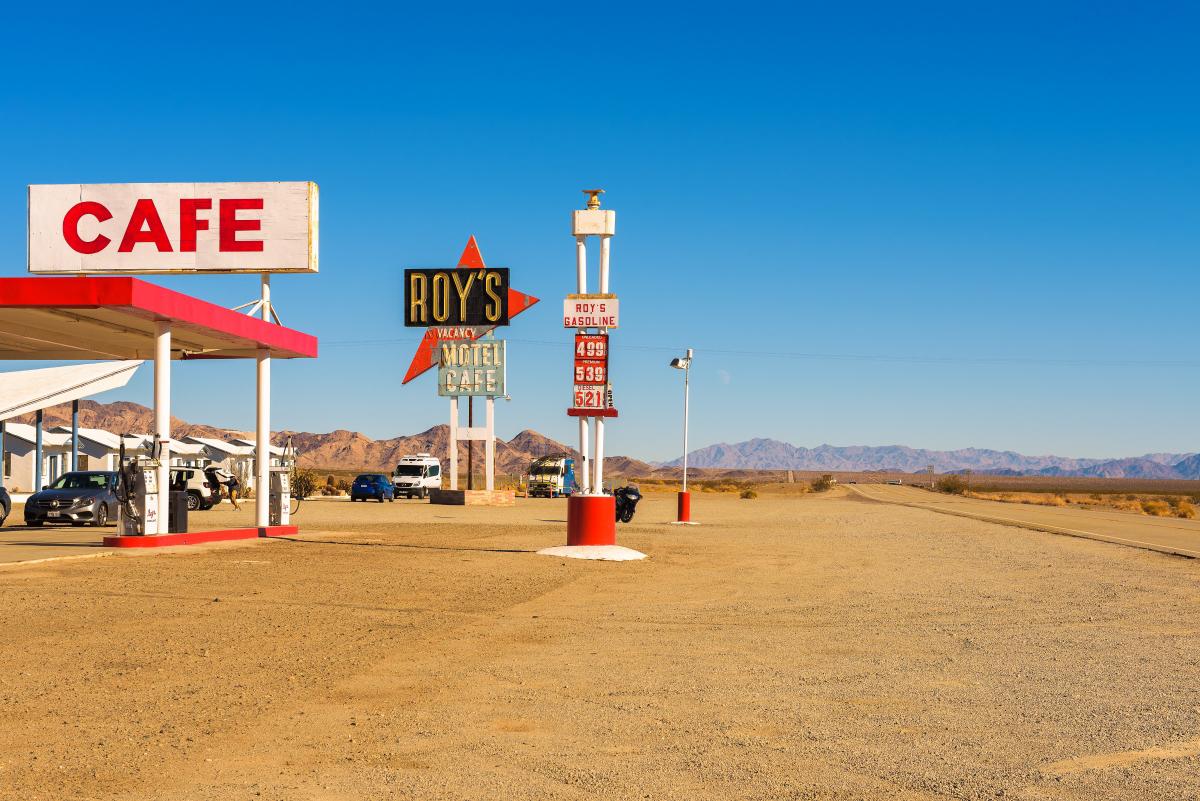
Itching to experience one of the post-apocalyptic ghost towns from the 1950s? Then Amboy is a must-visit. Located in San Bernardino County in the Mojave Desert, Amboy was a small settlement that started off as a railroad community. Since Route 66 passed through town, many visitors arrived in search of a bite to eat and a place to stay. The historic Roy’s Motel and Cafe opened in the 1930s, and many other similar establishments paved the way for traveling families to sip on sodas and rest up before heading back on the road. However, with the construction of new highways in the 1970s, Route 66 became obsolete and so did Amboy's establishments.
After unsuccessful attempts at the town's revival, Albert Okura stepped in, promising to restore and preserve Amboy. Today, when you travel down Route 66 and set foot in Amboy, you'll be greeted by retro music and the vibe of the 1950s—you'll truly forget that you're living in the 21st century. Just like the good old days, stop by Roy’s Motel and Cafe for souvenirs and maybe even book a room for the night.


Never been before? We’ll be your trustee Little Tokyo guide with a day’s worth of fun things to do in Little Tokyo.

People go on Memorial Day weekend getaways as an indirect celebration of life. How do you plan on celebrating the long weekend?
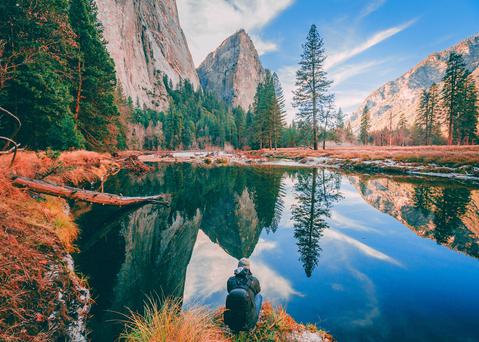
From undulating mountains, to coastal expanses, to verdant forests, here are some of the top spots for backpacking in California.
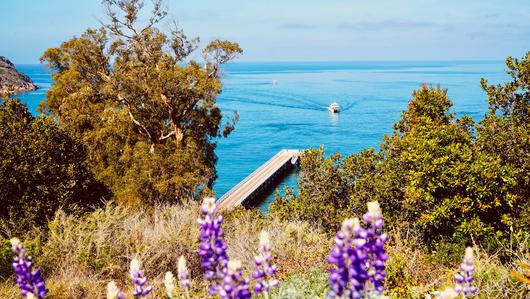
Settled off the California coast, the Channel Islands offer endless adventures. Here are the best things to do and how to get there.

